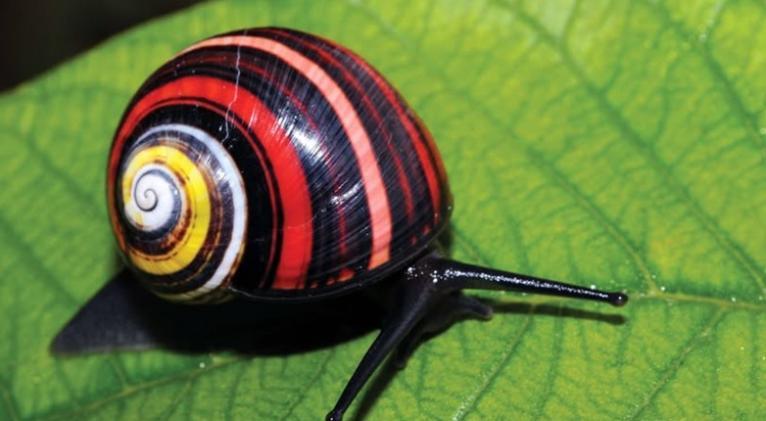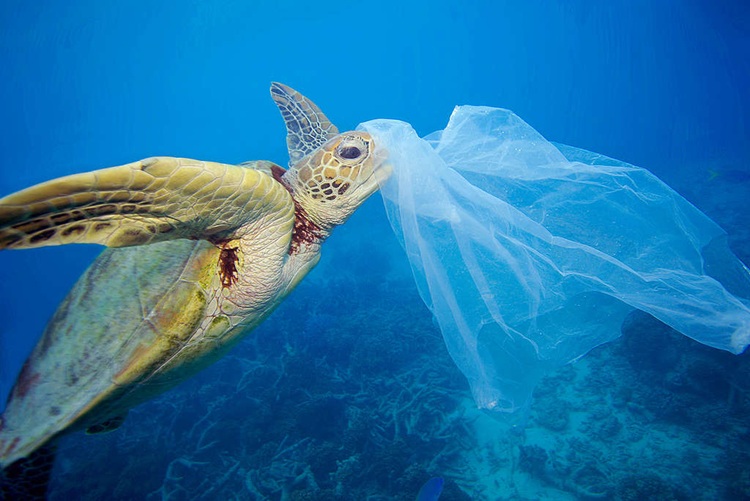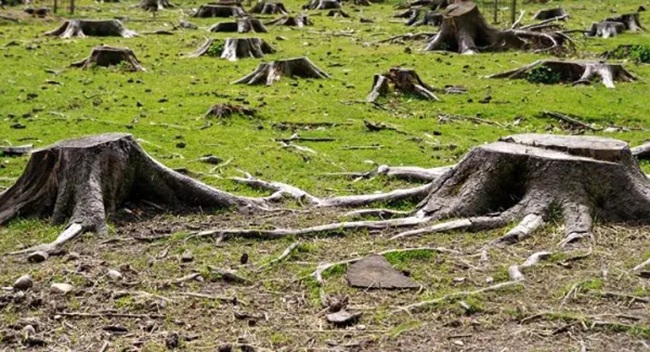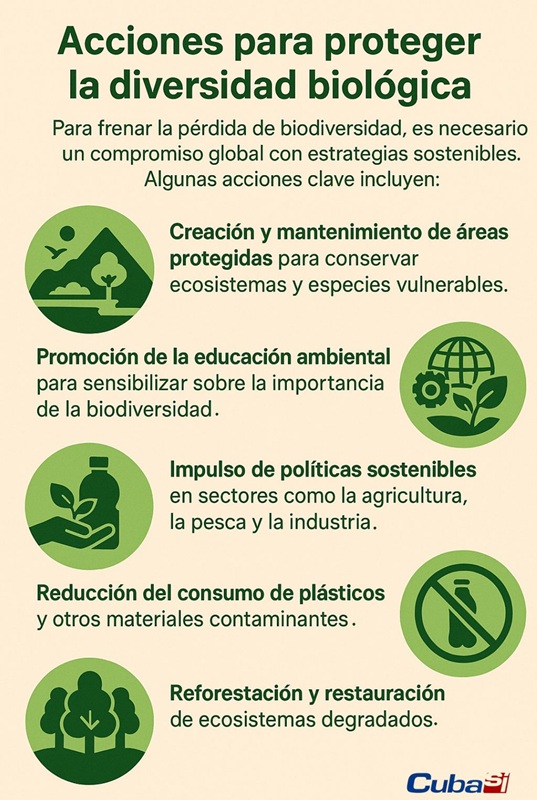International Day for Biodiversity: If Biodiversity Suffers, So Does Humanity
especiales

Some might think that there’s nothing new about celebrating the International Day for Biodiversity, since the same thing happens every May 22nd.
But if anything gives these celebrations meaning, it’s precisely that they are becoming more important because our planet is fading more and more each year.

Although technological breakthroughs, with AI at the forefront, occupy much of our attention and effort today, we keep on depending on healthy ecosystems that contribute to our consumption of water, food, medicine, clothing, fuel, shelter, and energy, to name just a few.
It’s no coincidence that this time the activities are under the theme "Harmony with Nature and Sustainable Development" and seek to focus global attention on the connection between the 2030 Agenda and its Sustainable Development Goals (SDGs) and the Goals and Targets of the Kunming-Montreal Global Biodiversity Framework (KMGBF) as two universal agendas that must be pursued together in the spirit of the recently adopted Compact for the Future.
At first glance, these are just long titles of governing documents, but beneath so much text lie devastating realities:
• Human activity has transformed the planetary environment by 75% and the marine environment by 66%.
• One million animal and plant species are at risk of extinction.
• The disappearance and deterioration of biodiversity and ecosystems will prevent the achievement of 80% of the targets of eight of the Sustainable Development Goals.

Biological diversity refers to the variety of living beings on the planet, including terrestrial and aquatic ecosystems, and their interactions. The importance of such diversity lies in the fact that it provides fundamental ecological services such as air and water purification, pollination of plants and crops, climate regulation, and the maintenance of natural cycles.
Without forgetting that biodiversity is essential for food security, economic development, and social well-being: it contributes to the supply of food, the development of pharmaceuticals, industrial materials, and the vast array of benefits derived from all human activity.
Therefore, if biodiversity suffers, so does humanity, as the UN asserts on its official website.

This is because biological resources in their diversity are the foundation that has sustained, and continues to sustain, civilizations. More than 80% of the human diet is based on plants, fish provide 20% of animal protein to some 3 billion people, and nearly 80% of those living in rural areas of developing countries depend on traditional medicines obtained from the flora of their environment.
But a paradox is growing before everyone's eyes: while humanity is becoming more aware that biological diversity constitutes a present and future global asset, and, at the same time, human activity is increasing, which is rapidly declining the number of species and ecosystems.
In this regard, it's worth remembering that the elimination of a single species—through direct human activity, climate change, pollution, habitat loss, or other causes—can produce a domino effect that impacts an entire ecosystem.

Given what’s happening today with the planet's biodiversity, the campaign surrounding this International Day aims to convey a sense of immediacy. There are only five years left to achieve the short-term targets of the Global Framework for Biodiversity and the Sustainable Development Goals. Let's hope we have enough time, the will, and the conviction of urgency.

Translated by Amilkal Labañino / Cubasi Translation Staff














Add new comment